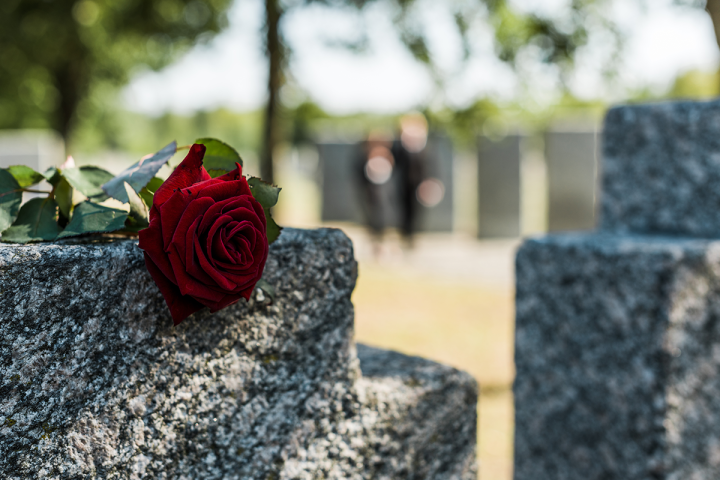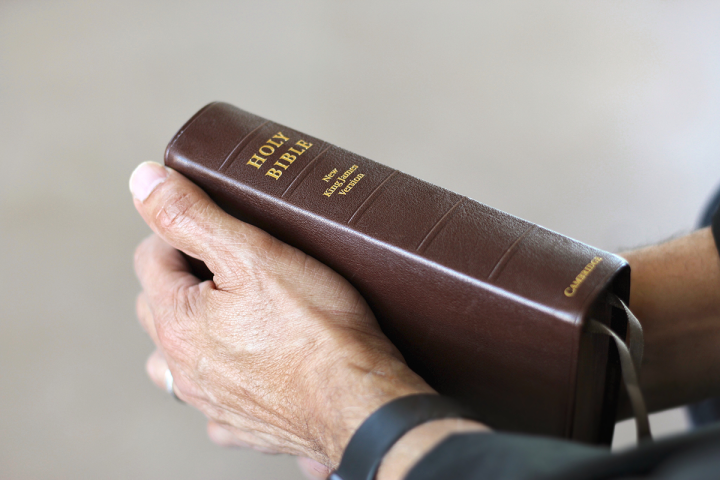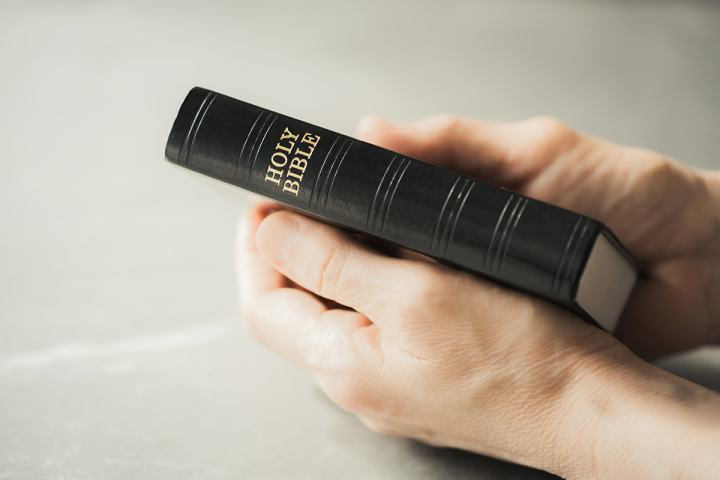Article
What’s the Whole Point of Christian Teaching?
I have personally written, as well as selected and published those written by others, a number of articles lately on the importance of assembling together for worship and attending the different opportunities for learning and growth we offer. But maybe we do not always see the point of that. Here is an interesting article from Wes McAdams’ “Radically Christian” that helps put it in perspective. -BP We attend Bible classes, Bible studies, devotionals, and worship services. We read our Bibles…
Is “Church” Really the Best Word to Use? Maybe Not
I came across this old article from Wes McAdams this week and thought it was another worth publishing here. This is an argument I have made multiple times since I have been here, but it is worth noting again. His second point of application is particularly pertinent; if it seems that a lot of articles lately have been related to assembling, engagement, involvement—well, it’s because they have been. Perhaps one of them will sink in. As always, I encourage you…
What We Need to Change to Make Worship More Enjoyable
This is another article by Wes McAdams, whose writings I have often reprinted and commended in this space. Check out “Radically Christian,” his substack, for more great content. I believe this one certainly presents something for us to think about. -BP For many Christians, the worship assembly feels like a “duty,” in the worst sense of the word. Coming to the worship assembly is something they feel they must do, but not something they enjoy doing. This has left many…
The End of Grief
Then the angel showed me the river of the water of life, bright as crystal, flowing from the throne of God and of the Lamb through the middle of the street of the city; also, on either side of the river, the tree of life with its twelve kinds of fruit, yielding its fruit each month. The leaves of the tree were for the healing of the nations. No longer will there be anything accursed, but the throne of God…
A Message to Christians Who Don’t “Go to Church” Anymore
There is a sense in which this kind of article is sort of misplaced in a bulletin; after all, you are here! But sometimes we see this same sort of reasoning by those who are on the periphery, disengaged, barely involved in the work and worship of the church—“here,” but only just, and rarely at that. If that applies to you, I hope you will consider this article from Wes McAdams. As always, you can find more of his writing…
Celebrating the Fourth
Later this week, this nation will celebrate Independence Day; in fact, we will gather here in the Family Life Center on the evening of July 3 for “Fellowship and Fireworks.” There is obviously nothing wrong with that insofar as it goes. But I have always found it rather contradictory that we sometimes have questions about how we ought to observe religious holidays like Easter or Christmas, yet we seldom if ever think about how we should recognize secular holidays. But…
An Election Postscript
The election is now behind us. I know there are strong feelings on both sides about the result. But if you have been following this series of articles over the last several weeks, I encourage you to consider the fundamental Scriptural principles that we have laid out that should guide us politically: the sovereignty of God; the Lordship of Jesus; and the church as God’s kingdom. We followed that with articles on the mission and method of the church: to…
The Church’s Social Strategy
We have attempted to refine our thinking on the relationship between Christians and the government. After laying down some fundamental principles, we moved last week toward application, exploring the mission of the church: to call people out of the world and into the kingdom of God. That leads to a second, closely related observation: attempting to co-opt the government to promote a Christian vision of society is not only the wrong mission, it is the wrong method. Political Activism When…
The Church’s Mission
Over the last few weeks, we have studied three principles that run throughout all Scripture to help orient us in the political realm: the sovereignty of God, the Lordship of Christ, and God’s people as a holy nation. Now we want to turn our attention to application, not encompassing specific scenarios, but in terms of the overall attitude of the church and Christians toward the state. A number of points could be made, but we will limit ourselves to two:…
The Church as State
For several weeks, we have considered Biblical principles that help guide us politically. We examined the sovereignty of God and the Lordship of Christ. Now let’s turn our attention to the political status that accompanies being God’s people. The church is God’s holy nation (1 Pet 2:9-10), the place where the Lordship of Christ is recognized. Christians live in this world as strangers and aliens (1 Pet 2:11) – those who define their reality as rooted in God’s empire rather…
Jesus’ Lordship
We are in the midst of a series of articles considering Biblical principles that should orient us politically. Last week, we saw the Jewish conviction that God was king. But the great, prophetic hope of 1st -century Israel was that God would come and inaugurate a new age, liberate his people, and establish his kingdom. For Christians, that event transpired in Christ. We cannot comprehensively discuss the kingdom of God here, but we can observe a few points. First, note…
God’s Sovereignty
The sovereignty of God is the bedrock of Scripture and Christian faith. Specifically, his power as the source of all political authority is attested in both the OT and NT. This does not divinize any particular government or make their acts ipso facto the will of God—in fact, their acts are often explicitly contrary to his will in Scripture; rather, governmental authorities are created through the existence of human society, but God orders them so his purpose is finally accomplished.…











